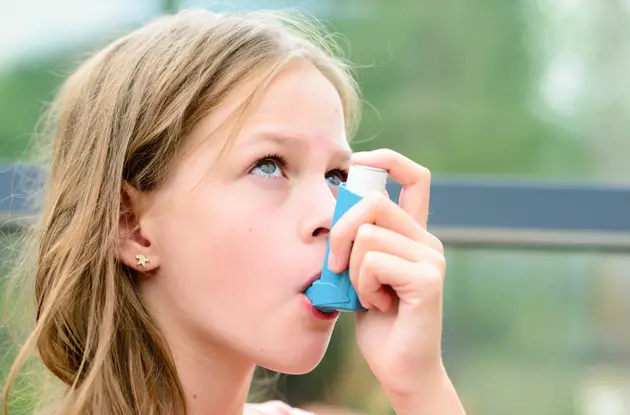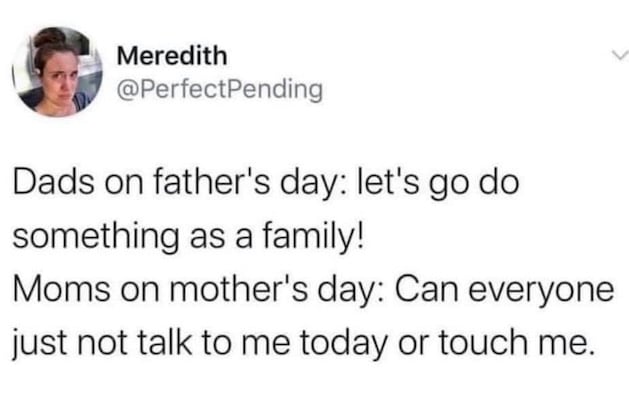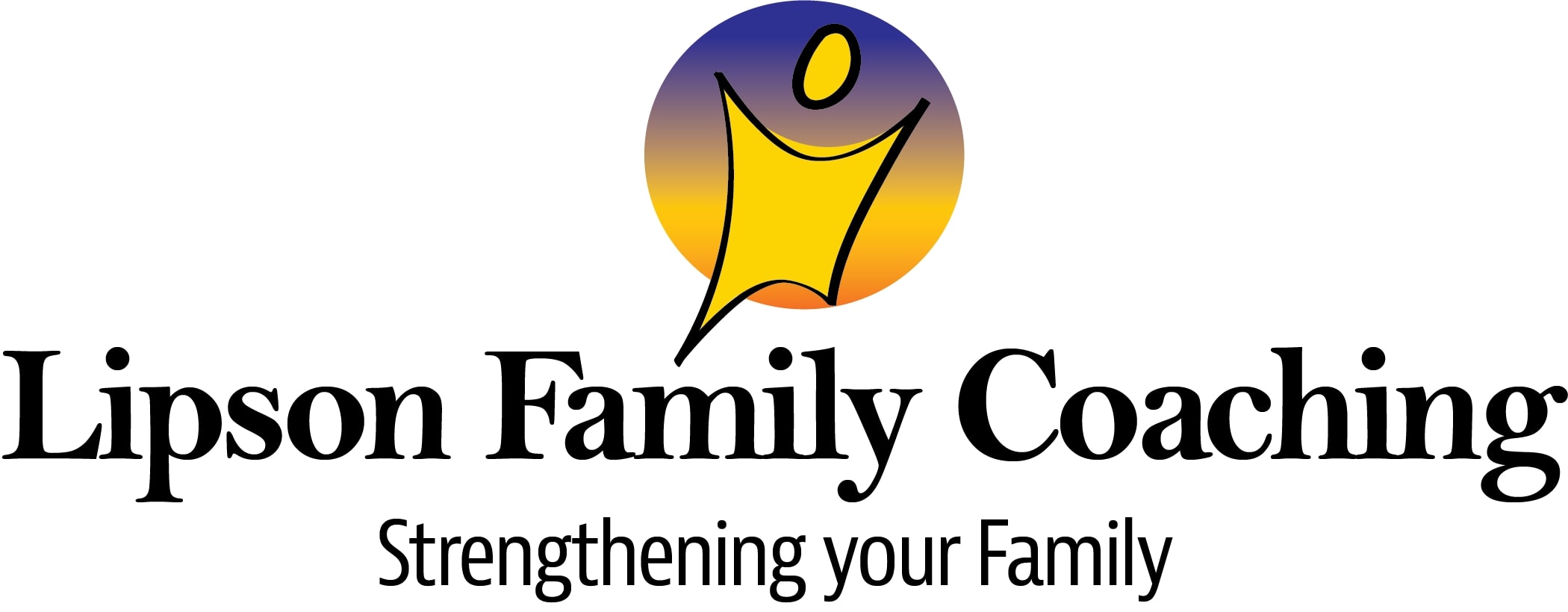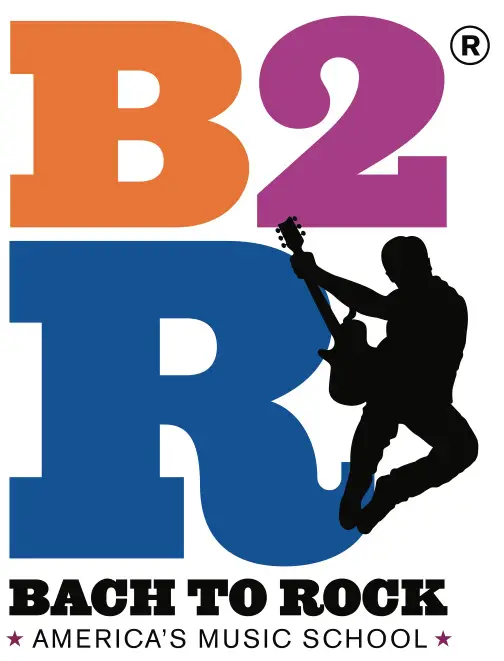
5 Tips For Educating Others About Your Child's Allergies and Asthma
Dr. Purvi Parikh shares her tips for keeping your child with allergies and asthma safe.
Get the Best Family Activities
Ensure emergency medications are always available. All caregivers should have access to emergency medications. A doctor can generally prescribe EpiPens in bulk, according to Dr. Parikh, so give one to your child’s babysitter, teachers, coaches, and grandparents—and give one to your child to carry. Whomever is given the responsibility of holding the EpiPen should know how to properly use it (there are instructional videos online). If the child suffers from asthma, he must have quick-relief medication on hand and with all caregivers.
Teach the child to use medications. While it is important for the adults in your child’s life to know how to administer emergency medications, it is equally, if not more, important for the child with the allergy to know how if she is older than 4, according to Dr. Parikh. This includes asthma pumps and antihistamines.









